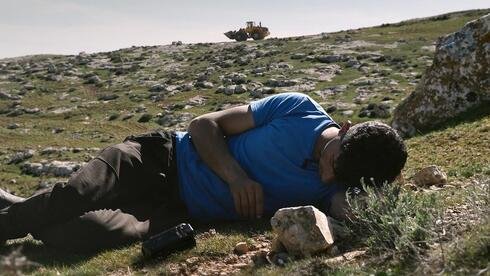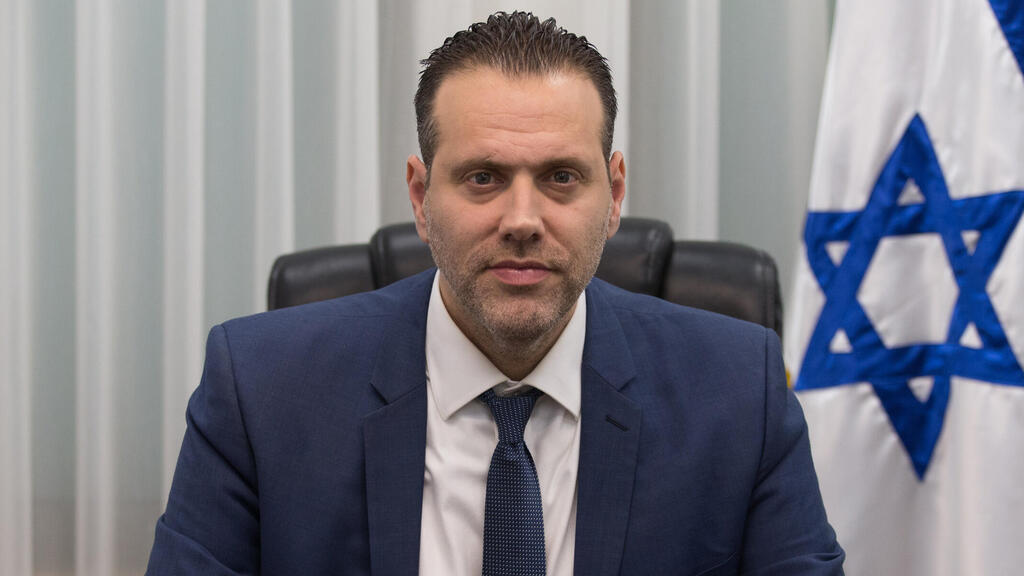The ministry’s green light came despite earlier efforts by Culture and Sports Minister Miki Zohar to block the film’s distribution in Israeli cultural institutions. In March, Zohar urged directors of government-funded cinemas and cultural centers not to screen the film, claiming it offered a “distorted and one-sided” portrayal of Israeli reality and the Israeli-Palestinian conflict.
He added that while the film is accessible online, it should not be supported with public funds. “I urge you to show civic responsibility and solidarity and not to provide a public platform for a film that serves our enemies,” he wrote.
Following the university’s decision, activist group Standing Together welcomed the reversal: “We applaud the University of Haifa for approving the screening of No Other Land. We’re glad the university — home to nearly 20,000 Jewish and Arab students — did not cave to threats of violence from an obscure extremist group. Today, academic and artistic freedom prevailed. We will continue screening the film across the country and in academic institutions.”
In contrast, Shai Glick, CEO of the right-wing watchdog group Betsalmo, condemned the decision: “It’s outrageous that the University of Haifa bowed to pressure from far-left and boycott-supporting organizations to screen such an extreme, anti-Israel film.” He called on students to protest the event.
On Sunday, however, the university announced it would not screen the film as planned, citing public complaints that such a screening would require approval from the Film and Theater Review Board. “Due to uncertainty on the matter,” the university said, “we’ve contacted the board for clarification. Until then, the event is not authorized.”
The Association for Civil Rights in Israel responded by saying that the film did not require such approval and that political pressure was not a valid reason to cancel a campus screening. “Reverse the decision or we’ll consider legal action,” the group warned.





